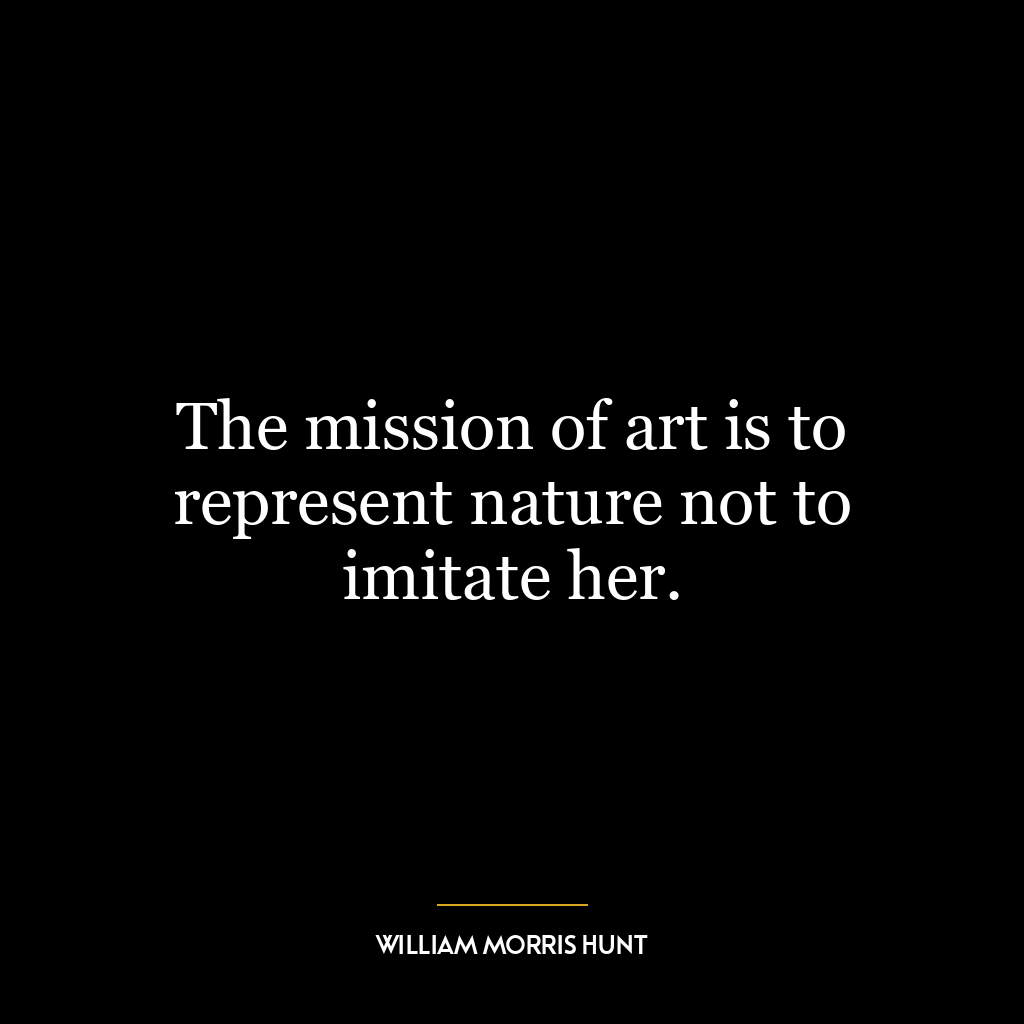True freedom comes from freeing ourselves from the shackles of dogma and embracing the wonders of the natural world.
This quote suggests that true freedom is not found in blindly following established beliefs or doctrines (dogmas), but in embracing and understanding the natural world around us. In this context, “dogma” could refer to any set of principles or beliefs that are accepted without questioning, whether they are religious, political, societal, or otherwise. These dogmas can limit our thinking and prevent us from seeing the full range of possibilities and perspectives.
The “shackles” in this quote symbolize the limitations and restrictions that dogmas impose on our minds. By freeing ourselves from these shackles, we can open our minds to new ideas and experiences, leading to a more profound understanding and appreciation of the world.
The “wonders of the natural world” refer to the mysteries and marvels of the universe that we can explore and understand through science and reason. By embracing these wonders, we can gain a sense of awe and wonder that can be deeply fulfilling and liberating.
Applying this idea in today’s world, we can see that many of the problems we face are due to rigid dogmas that prevent us from seeing other perspectives or considering new solutions. For example, political dogmas can create division and conflict, while religious dogmas can lead to intolerance and extremism. By freeing ourselves from these dogmas, we can foster a more open, tolerant, and peaceful society.
In terms of personal development, this quote suggests that we should strive to be open-minded and curious, always willing to question our beliefs and assumptions. We should not be afraid to challenge established ideas or to explore new areas of knowledge. This kind of intellectual freedom can lead to personal growth, creativity, and a deeper understanding of ourselves and the world around us.















